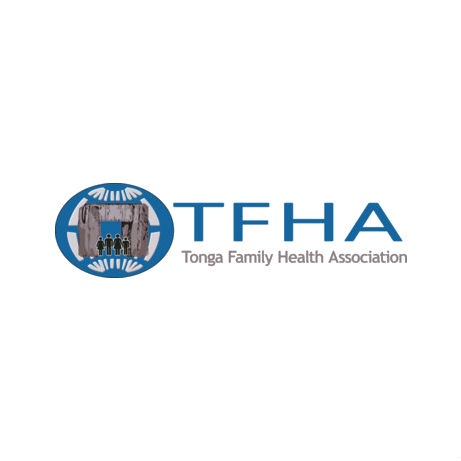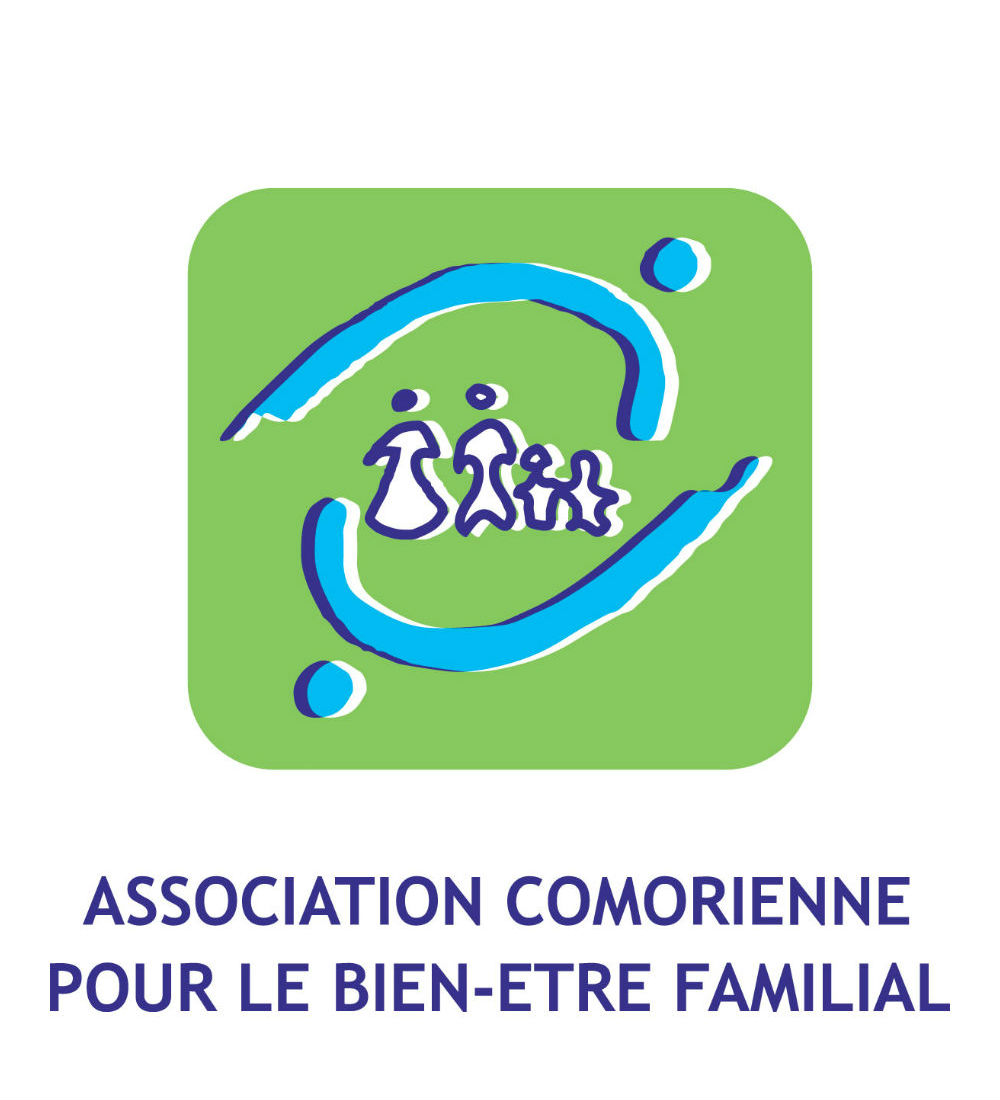

| 31 March 2016
Tonga Family Health Association
Within Tonga's well-developed healthcare system and infrastructure, reproductive health (RH) services are made up of a well-defined clinical / curative component and a public health / preventative component. The government of Tonga acknowledges the crucial role played by the Tonga Family Health Association (TFHA) in the Reproductive Health Programme for the achievement of the Millennium Development Goals (MDGs), in particular the health-related MDGs 4, 5, and 6. TFHA supplies family planning (FP), maternal and child health (MCH) support, fertility and counselling assistance through 20 service points which include two permanent clinics and 15 community-based distributors (CBDs).

| 31 March 2016
Association Comorienne pour le Bien-Etre de la Famille
Located off the eastern coast of Africa in the Indian Ocean, Comoros is an archipelago of 4 islands at the northern end of the Mozambique Channel between northeaster Mozambique and northwestern Madagascar. At a little over 1,800 square kilometres, it’s the third smallest nation in Africa, but has over 700,000 inhabitants. It is one of the most densely populated countries on the continent. A third of the population are women of reproductive age and the absence of essential health services presents major risks to their health and survival. High fertility levels allied to low contraceptive uptake, and widespread poverty combine to drive high risks related to sexual and reproductive health (SRH). In response, the Association Comorienne pour le Bien-Être Famille (ASCOBEF) is delivering a comprehensive range of sexual and reproductive health programmes and services. These include family planning, gynaecological counselling and services, antenatal care, information, education and communication (IEC) programmes and behaviour change communications (BCC) activities to promote health-seeking behaviour. It is also playing a major advocacy role in the fight against gender-based violence, and has provided extensive victim support. The majority of ASCOBEF's clients are poor, marginalized, socially excluded and/or under-served. ASCOBEF deliver services and programmes supported by volunteers, Youth Action Movement members and peer educators. ASCOBEF works in partnership with non-governmental organizations (NGOs) including Réseau Femmes et Développement. It receives financial support from UNFPA, the Global Fund, UNICEF and the World Health Organization.







